Undekhi Season 3 Continues The Show's Deliciously Twisted Excavation Of Depravation
Undekhi is one of those rare series that gets better each time it lets go another hinge of sensitivity, writes Manik Sharma
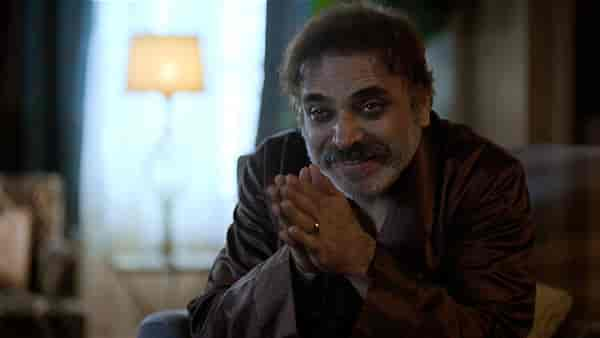
Last Updated: 08.38 PM, May 12, 2024
“DESPERATE TIMES call for desperate measures,” a policeman admits to a goon, in an episode from Season 3 of Sony LIV’s Undekhi. It’s as much a declaration as it is the predominant characteristic, the shredded nerve of a show that has sustained on violent dysfunction. Here, traditional thugs and unhinged aspirants operate with similar veins of desperation. No one is any wiser or more mercurial than the other. Nobody is redeemed by what they pursue, or how they get there. Which makes Undekhi a deliciously twisted excavation of depravation, set amidst the whispery beauty of the mountains. Despite an extended cast of characters and the against-the-clock nature of the narrative, Undekhi is one of those rare series that gets better each time it lets go of another hinge of sensitivity.
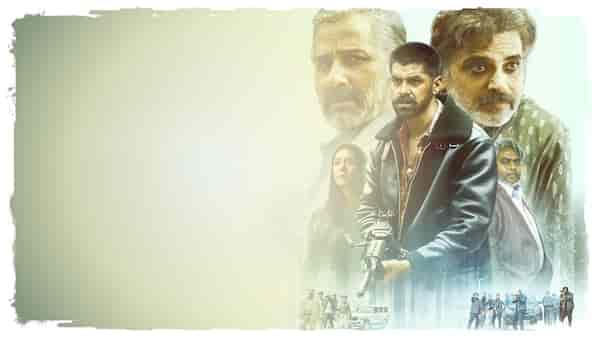
The third season begins right after the bullet-spilling (and rather ludicrous) climax of the second. The Sundarban thread is wiped out, albeit for the small matter of the Bengali policeman, Ghosh (Dibyendu Bhattacharya), left to lick his wounds. Consistently, however, Undekhi trims instant victories by teasing new adversaries, unclosed clinks and potential old hazards. The second season introduced the prospects of a cross-border cartel business and this third one brings in entrants like Varun Badola, to spice the pot of foul-mouthed mercenaries eyeing the same piece of the pie. For a show that seems to hint at the subversive, a lot happens in plain sight and with the verbal tone of a sporting whistle. Rinku (Surya Sharma) and ‘Papa ji’ (Harsh Chhaya) are combative, cold and wildly entertaining as ever. Sharma’s acting can be interpreted as a grimace for the most part, but it remains an entertaining portrayal of a deeply vindictive, if plain, man. Chhaya’s sleaziness as the ruinous patriarch is possibly one of the most uniquely repulsive things on streaming… equal parts vile and hilarious.
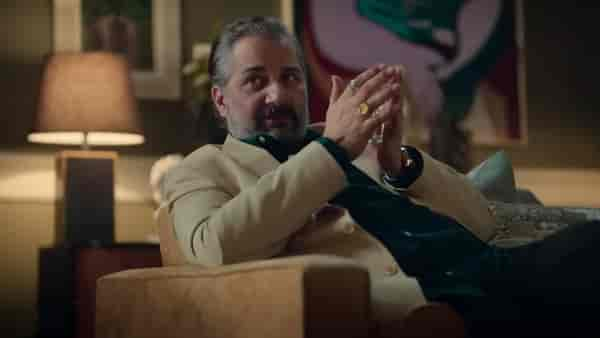
The third season is more of the same, with Bhattacharya’s Ghosh assisted by a couple of new out-of-town investigators in the chase to nab Papa ji. To the backdrop of that murder from the first season, there is also the small matter of a drug business, with many pretenders to the throne and a spiralling game of status quos being argued over the barrel of a gun. Bombs have gone off in this show, without so much as a minor alarm in a relatively sleepy town. It tells you that Undekhi, and its language of bombast, are comprehensive enough to power through the logistic anomalies in sight. People disappear, but conveniently re-appear on radars. Bodies pile up, but are rarely accounted for through elements of media, law or local civilisation. The focus remains strictly on the Atwal family and its puzzlingly unsociable designs. “This business runs on fear,” says Papa ji, at one point.
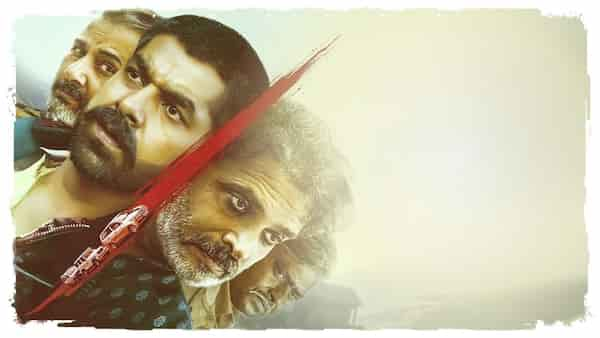
You can tell a series is committed to its own streak of mania, when just about everyone is willing to purposefully pick up a gun. That battle between innocence, hesitance and boundless anarchy from the first season has given way to a mean chessboard of powerful players pushing and pulling for the right to rule. Maybe it’s natural evolution or the hidden ugliness of our world, but pretty much everyone who has refused to turn violent has eventually taken up arms. The only people who seemed to be withholding, in a telling depiction of the law as a condition, are the policemen. The burden of proof and process, the show says, comes at the cost of watching the guilty escape or worse, stay and stare you in the face.
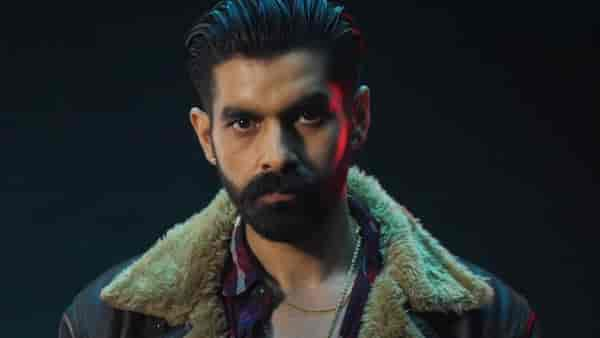
Undekhi doesn’t rally for depth as much as it gets behind pace and intent. It isn’t worried about where these people come from. It is only interested in the places they want to go. While that is harmlessly pleasing to the senses, it doesn’t particularly cut deep as an artefact attempting to become about something. Rinku, the headliner of the show deserves that stroke of filtration. He has abused, downsized and dispensed of bodies with candour, but his psyche has rarely been explored beyond edges. Which is why this series would rather hand a character a gun, than the tools of inquiry or reflection. Only a lone policeman, every now and then, seems to contemplate the banality of it all.
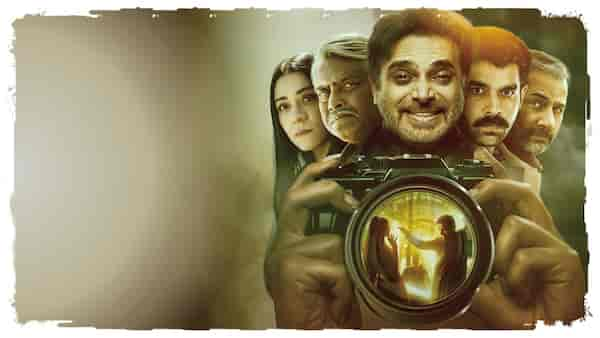
Undekhi is weirdly memorable, at least for that overbearing father-son dynamic and the kind of world they seemed to attract. Both Rinku and Papa ji represent a variety of vileness that is rare in Indian storytelling — a mutual blindness in service of toxicity. So much so, that it’s fascinating to ponder the moral vacuum between the two. The ugliness of their world is aptly countered by the scenery that the series returns to but rarely falls for. It’s one of the better made stories set in the hills, and even though it takes cultural localisation for granted, its crony and cast-off world of unruly, small-town capitalists offers enough joy for the price of the ride.

 Premium
Premium